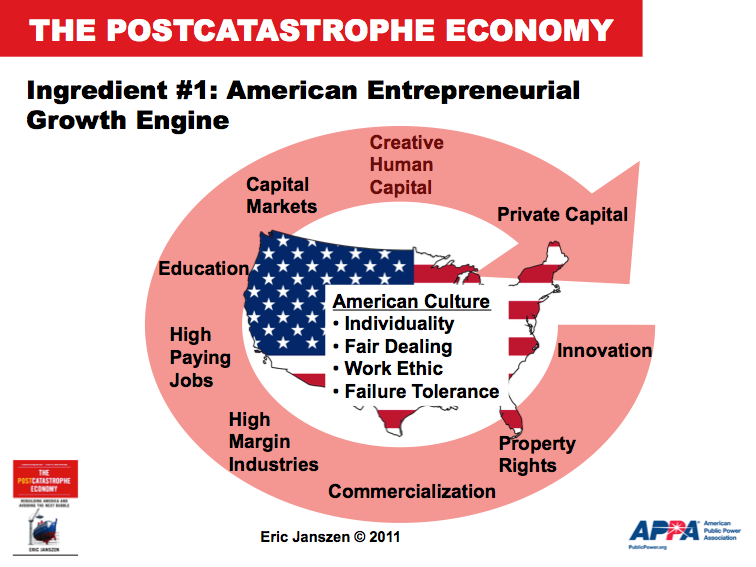Re: Odd solar power?
rogermexico, your post is truthful and honest; how could anyone take offense? Truth isn't always comfortable to hear, but it has a good "feel" to it. It's as refreshing as a tall drink of water on a hot, dusty day.
It's this kind of truth-telling that I wish our so-called leaders would do for the American people with regards to Peak Cheap Oil. Lay it all out without bias or ulterior motives. Explain the necessity of taking conservation measures now. Emphasize the financial benefits of conservation. Give people concrete ideas of what to do to mitigate future disruption and pain. If we could do more to encourage conservation now, voluntarily, rather than continue wasting and waiting for shortages and high prices to make it a necessity...
When I was a child in San Antonio, our mayor spearheaded a citywide anti-littering campaign. The "don't litter" message was everywhere: on TV, radio and billboards. At school we had anti-littering assemblies. We were given litterbags to give to our parents to put in their cars. Trash cans were put on every street corner. The city held a contest to come up with the best anti-littering slogan. The winning slogan was slapped on busses and trash cans all over the city. On and on it went...
The campaign was a combination of education, creating civic pride and team spirit, and simple solutions to solve a problem. More emphasis was put on emphasizing the positive than on villifying the litterers. There were no complicated subsidies and tax breaks involved. The minimal outlay for the city involved buying PSA announcements and more trash cans.
The culture of the city actually changed to one of "San Antonians do not litter", with the result that San Antonio became known as the cleanest city in the country. Once the streets were litter-free nobody wanted to be the first one to mess them up. If you saw a piece of litter on the sidewalk you picked it up without giving it a second thought. If you dropped a tissue on the street your friends gave you a hard time.
I think a positive, full-bore approach like this could change our cultural attitude about oil conservation. But to tell the truth about PCO, our "leaders" would have to break their financial ties to Big Oil and Big Auto... and there's the rub.
Is it possible for Americans to pull together again as a society the way we did during WWII with victory gardens and scrap drives? The way we did with the Lunar Space Program? Or have we become too balkanized and cynical?
rogermexico, your post is truthful and honest; how could anyone take offense? Truth isn't always comfortable to hear, but it has a good "feel" to it. It's as refreshing as a tall drink of water on a hot, dusty day.
It's this kind of truth-telling that I wish our so-called leaders would do for the American people with regards to Peak Cheap Oil. Lay it all out without bias or ulterior motives. Explain the necessity of taking conservation measures now. Emphasize the financial benefits of conservation. Give people concrete ideas of what to do to mitigate future disruption and pain. If we could do more to encourage conservation now, voluntarily, rather than continue wasting and waiting for shortages and high prices to make it a necessity...
When I was a child in San Antonio, our mayor spearheaded a citywide anti-littering campaign. The "don't litter" message was everywhere: on TV, radio and billboards. At school we had anti-littering assemblies. We were given litterbags to give to our parents to put in their cars. Trash cans were put on every street corner. The city held a contest to come up with the best anti-littering slogan. The winning slogan was slapped on busses and trash cans all over the city. On and on it went...
The campaign was a combination of education, creating civic pride and team spirit, and simple solutions to solve a problem. More emphasis was put on emphasizing the positive than on villifying the litterers. There were no complicated subsidies and tax breaks involved. The minimal outlay for the city involved buying PSA announcements and more trash cans.
The culture of the city actually changed to one of "San Antonians do not litter", with the result that San Antonio became known as the cleanest city in the country. Once the streets were litter-free nobody wanted to be the first one to mess them up. If you saw a piece of litter on the sidewalk you picked it up without giving it a second thought. If you dropped a tissue on the street your friends gave you a hard time.
I think a positive, full-bore approach like this could change our cultural attitude about oil conservation. But to tell the truth about PCO, our "leaders" would have to break their financial ties to Big Oil and Big Auto... and there's the rub.
Is it possible for Americans to pull together again as a society the way we did during WWII with victory gardens and scrap drives? The way we did with the Lunar Space Program? Or have we become too balkanized and cynical?


Comment